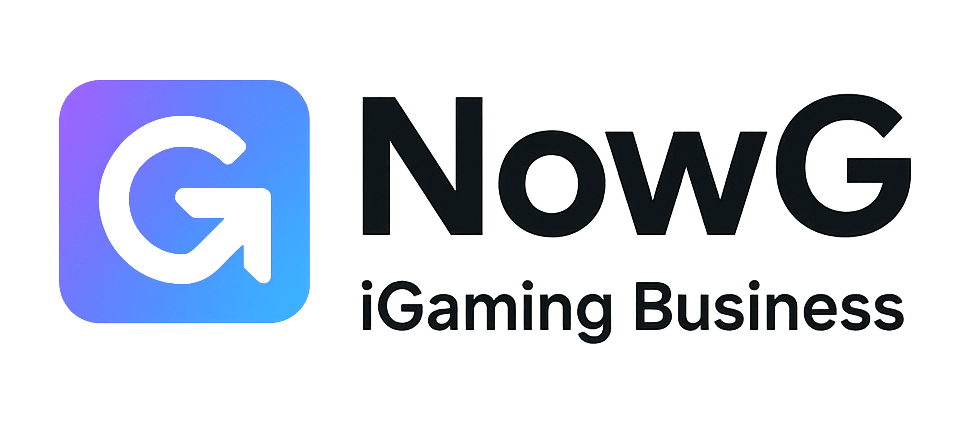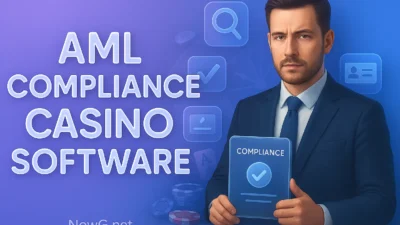Picture this: your VIP poker room just kicked off a €100,000‑buy‑in tournament, and mid‑shuffle, the dealer swaps in a cold deck.
Can you spot the telltale creases before a cheating ring drains your pots?
Understanding Cold Decks and Their Impact
A cold deck is a pre‑stacked, pre‑rigged deck slipped into play to guarantee specific outcomes—usually benefitting the house or an inside crew. Seasoned operators recall the infamous 2019 Macau scandal, where collusion and cold decks siphoned over $3 million in under twelve hours. Industry chatter suggests similar tactics are on the rise in under‑regulated markets (and trust me, that’s a big deal).
Here’s the catch: every undetected cold deck is not just lost rake—it’s reputational hemorrhage.
Now, consider this: how many high‑roller cheques would slip through if your shuffling protocols aren’t airtight?
Section 1: Anatomy of a Cold Deck Scheme
Cold deck operations mimic sleight‑of‑hand magic but with ruthless precision. Techniques include:
- Deck Switch: Crafty dealers or insiders swap the live deck with a pre‑rigged set during a momentary distraction.
- Short Deck Variants: Rogue pits introduce short decks—removing small cards—to shift odds in favor of insiders.
- Pre‑Stacking: The cold deck arrives already arranged—every flop, turn, and river predetermined.
Can your surveillance team differentiate between a standard shuffle and a pro‑level deck switch?
Key Anecdote: At a European cruise‑ship casino in 2023, an alert pit boss noticed an extra card mark under UV light—avoiding a €1.2 million heist. That split‑second catch saved more than just funds; it safeguarded the brand’s integrity.
Section 2: Financial and Regulatory Stakes
Cold decks drain more than chips—they erode wagering revenue, inflate insurance costs, and trigger regulatory scrutiny. Each incident can lead to:
- Direct Revenue Losses: Up to 2% of total table drop per undetected scheme, equating to €500,000+ annually in large venues.
- Insurance Premium Hikes: Fraud claims boost premiums by 15–25%—that could hit your bottom line hard.
- Compliance Fines: Regulators levy penalties ranging from €50,000 to €250,000 per infraction in the EU^1.
Here’s the catch: combine that with new tax rules, and you’ve got a perfect storm.
- Starting January 1, 2026, gambling losses can only offset 90% of winnings, up from 100%, thanks to the “One Big Beautiful Bill” provision—potentially raising $1 billion through 2034. This 90% deduction cap could hurt profits by increasing taxable income on break‑even bettors.
- Senate Republicans recently blocked a rollback of this cap, leaving operators stuck with tighter margins. Effort to restore full deductions stalled despite bipartisan support.
- Industry surveys warn up to 65% of affected players might migrate to unregulated sites to bypass tax burdens, risking a £4.3 billion UK black‑market surge. (Betting & Gaming Council)
Can your P&L absorb fraud losses and new tax hits without cutting customer incentives?
Hypothetical B2B Scenario
A mid‑sized Monte Carlo casino faces a double whammy: a cold deck scam wipes €800,000, and new tax laws drive professional players offshore. They model three scenarios—investing in anti‑fraud tech, absorbing losses, or raising table minimums. Only the tech‑investment path preserves margins without alienating VIPs.
Section 3: Prevention Strategies and Tech Solutions
Stop cold decks with layered defenses:
Staff Training & Protocols
- Rotating Dealers: Limit unsupervised deck handling.
- Mystery Audits: Unannounced inspections of shuffling procedures.
- Dealer Certification: Mandatory accreditation in advanced shuffle‑tracking.
Surveillance & Analytics
| Tool | Function | Approx. Cost |
|---|---|---|
| AI‑Powered Video Analytics | Real‑time cheat detection | €20,000 |
| RFID‑Enabled Chips & Shoes | Deck integrity tracking | €35,000 |
| UV Marking & Inspection | Hidden card‑mark verification | €5,000 |
Can your ops team integrate these systems before the next VIP series?
Regulatory Alignment
- Audit Trails: Log every deck change in your CMS.
- KYC/AML Extensions: Tie suspicious chip purchases to player profiles.
- Incident Reporting: Automated alerts to compliance officers within seconds of anomalies.
Here’s the catch: compliance tech demands CAPEX, but it’s cheaper than a single multi‑million‑euro fraud event and potential regulator fines under evolving EU directives.
Section 4: Future‑Proofing Against the Next Cold Deck
As fraud tactics evolve, so must your defenses. Trends to watch:
- Blockchain‑Backed Decks: Immutable shuffle logs on distributed ledgers for audit‑grade transparency.
- Quantum‑Secure Shuffling Machines: Preventing next‑gen deck tampering with quantum‑randomness.
- Cross‑Platform Fraud Networks: Shared intelligence pools among operators to track repeat offenders.
Let’s be real—nobody saw quantum shuffles coming.
Actionable Insights:
- Pilot Blockchain Shuffles: Partner with RegTech firms for proof‑of‑concepts in high‑stakes rooms.
- Join Industry Consortia: Collaborate on shared cheat‑incident databases—speed is your best defense.
- Engage Tax & Legal Advisors: Align anti‑fraud policies with looming 2026 tax changes and FAIR Bet Act developments to keep both patrons and regulators happy.
Are you ready to lead the charge—or will you follow after the next scandal breaks?
Call to Action
Cold decks are more than a cheat—they’re a wake‑up call. Invest in tech, train relentlessly, and monitor legislative shifts. Consult your tax advisors on the 90% deduction cap and align with industry coalitions fighting for full loss deductions.
Will your venue be the gold standard in fraud prevention—or an easy mark?




